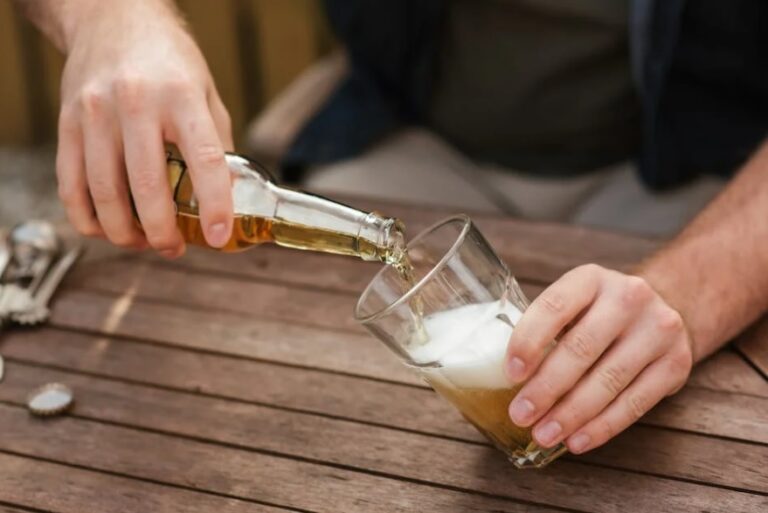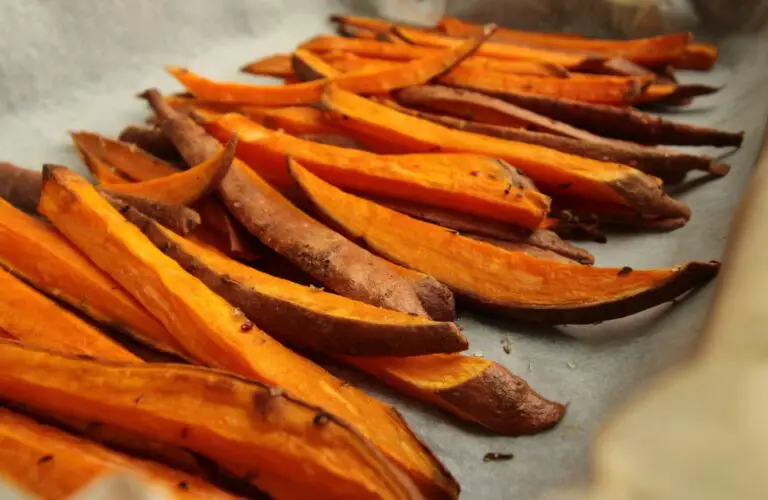What Makes Beer Bitter?
Beer is bitter. And we love it precisely because it’s bitter. Because it’s the right type of bitter, and it’s not just bitter. We love it for the aftertaste, the chilling effect, and the diversity in flavors. Unfortunately, bitterness is what makes some people avoid beer, but we won’t talk about that for now. But what makes beer bitter? What is the ingredient that makes beer bitter? Why is beer bitter?
The short answer is hops. The numerous chemical compounds found in the conical-shaped flower of the female hops plant make beer bitter. About a century ago, beer bitterness was between 20 and 50 IBU (International Bitterness Units). Now, beers have increasingly become less bitter. On average, the most consumed beer styles (lambics, lagers, pilsners, bitters, and even pale ales) hover around 10 to 30 IBU, even lower for some wheat beers.

Initially, beer bitterness was very sought after. Both brewers and beer drinkers wanted their beers to be as bitter as possible as a sign of cleanliness. If a beer was bitter, it was considered healthy and safe to drink. Bitter beers were also easier to store and lasted longer. The bitterness was used almost as a natural preservative in beer, especially during the warmer season.
The natural ingredient that helped beer become bitter was hops. The plant, which enjoys colder climates and is relatively easy to cultivate, also keeps beer fresh for longer; it helps build its foam but also adds the distinctive “hoppy” flavor we all love.
Quick fact: Beer bitterness is measured in IBU (International Bitterness Units), which is a scale that monitors the parts per million (ppm) of isohumulone from hops in beer. Hops is the primary ingredient that makes beer through its numerous chemical compounds. Bitterness can be as low as 0 in lambics and as high as 120 in certain types of IPAs.

What Makes Beer Bitter Today?
On the surface, beer is quite a simple alcoholic beverage. It has just four main ingredients:
- water – well, it’s water, but of course, there is more to it; but for now, water is just water
- barley or other grains – this is the malt that generates the starches and sugars
- yeast – consumes the sugars and starches, turning them into alcohol
- hops – a plant related to hemp, hops make beer bitter and give it a distinct flavor; typically, the more hops you add, the bitter the beer becomes
Most modern beers that you can find now on the market contain hops. Other alcoholic drinks that are also called beer may contain gruit instead of hops. Of course, root beer and ginger beer do not contain hops.
Hops are added during brewing to make beer bitter, but there’s a catch. If you add hops early during brewing, the beer will become more bitter. On the other hand, if you add hops later in the brewing process, the beer gets a more hoppy flavor, making the beer more complex.
Adding hops needs skill and perfect timing to achieve the desired effect. For instance, if you add poor-quality hops during the early part of fermentation, your beer will likely become surprisingly un-bitter. It’s all about knowing the type of hops to add, the amount of hops, and the timing.
Quick fact: Beer bitterness usually comes from hops. However, some beers were “bittered” with a combination of herbs and spices known as gruit (or gruyt, or grut). Gruit and hops were used alternatively throughout history, depending on the period, region, and, most importantly, tax regulations (the cultivation of hops was heavily taxed in some areas). Other beers may be “bittered” by vegetables, legumes, juniper branches, spruce tips, and much more.
Quick fact: Beer bitterness can be lowered if you add a pinch of salt to it. This is because salt blocks the bitterness receptors on your tongue.

Bittering Hops vs. Aroma Hops
Hops are not just hops; they are quite different. There are two main general hops varieties: bittering hops and aroma hops.
- bittering hops – they have a higher amount of alpha acids, making them ideal for bittering beer; bittering hops are also cheaper if you only want to bitter your beer faster
- aroma hops – these hops give beer the distinctive hoppy flavor; they have more essential oils and fewer alpha acids; there’s a huge variety of aroma hops that give a distinctive taste to beer, like pine, mango, resin, melon, woody, citrus, and much more; aroma hops are added later in the brewing process, so the oils don’t have time to evaporate fully, giving the beer a variety of flavors to beer (the aroma oils are very volatile even after the brewing process is complete – this is why when beers go stale, they lose their aroma, but not their bitterness)
Hoppy vs. Bitter – What’s the Difference?
Hops do two things to your beer – it makes it bitter and hoppy – but what’s the difference?
Hoppy
Hops can do amazing things to beer; they provide a huge range of flavors, from fruity to earthy and from floral to piney. Yes, hops can do all that, mainly because hops are so different. There are dozens upon dozens of aroma hops varieties to choose from. The flavors are also tied to a specific region or brand and history.
Aroma hops are added by brewers late in the brewing process precisely to avoid making the beer too bitter. These hops add just flavors to the beer – and they add a lot of different flavors. In some beers, the bitterness is kept as low as possible, while the range of flavors and aromas is kept as high as possible. Some even say that brewers have gone too far, as some beers are not bitter anymore; they are just a blend of dozens of aromas. So, not all beer is bitter…
Bitter
We’ve been taught for decades and even centuries that beer should be bitter. In fact, it should be as bitter as possible. However, beers have been getting less bitter with every new generation. Few modern beers are actually very bitter because the market doesn’t need them. Consumers avoid ultra-bitter beers, and few brewers still offer them. Bitterness is now essentially a range of bitterness – anything from 10 to 120 IBUs should be good (even though you’ll rarely find a beer above 80 IBUs now).
Wrapping It Up
Beer bitterness is an integral aspect of the overall beer tasting experience (no, bitterness doesn’t kill bugs, but you can use beer to make your steak even better!). It originates primarily from the presence of bitter compounds, most notably hops, which contribute not only bitterness but also various aromatic and flavor dimensions. The perception of bitterness varies among individuals and is influenced by factors such as genetic predisposition, previous exposure to bitter tastes, and overall sensory sensitivity. Brewers carefully manage and balance bitterness in their beer recipes to create a diverse range of styles, from mildly bitter to intensely bitter brews.

I am a young architect with a passion that goes beyond blueprints… it’s beer! undertherosebrewing.com is more than just a blog, it’s a manifestation of my lifelong dream to explore, read, and learn everything about beer. Join the blog on this unfiltered and genuine adventure into the heart of beer culture. Cheers!







